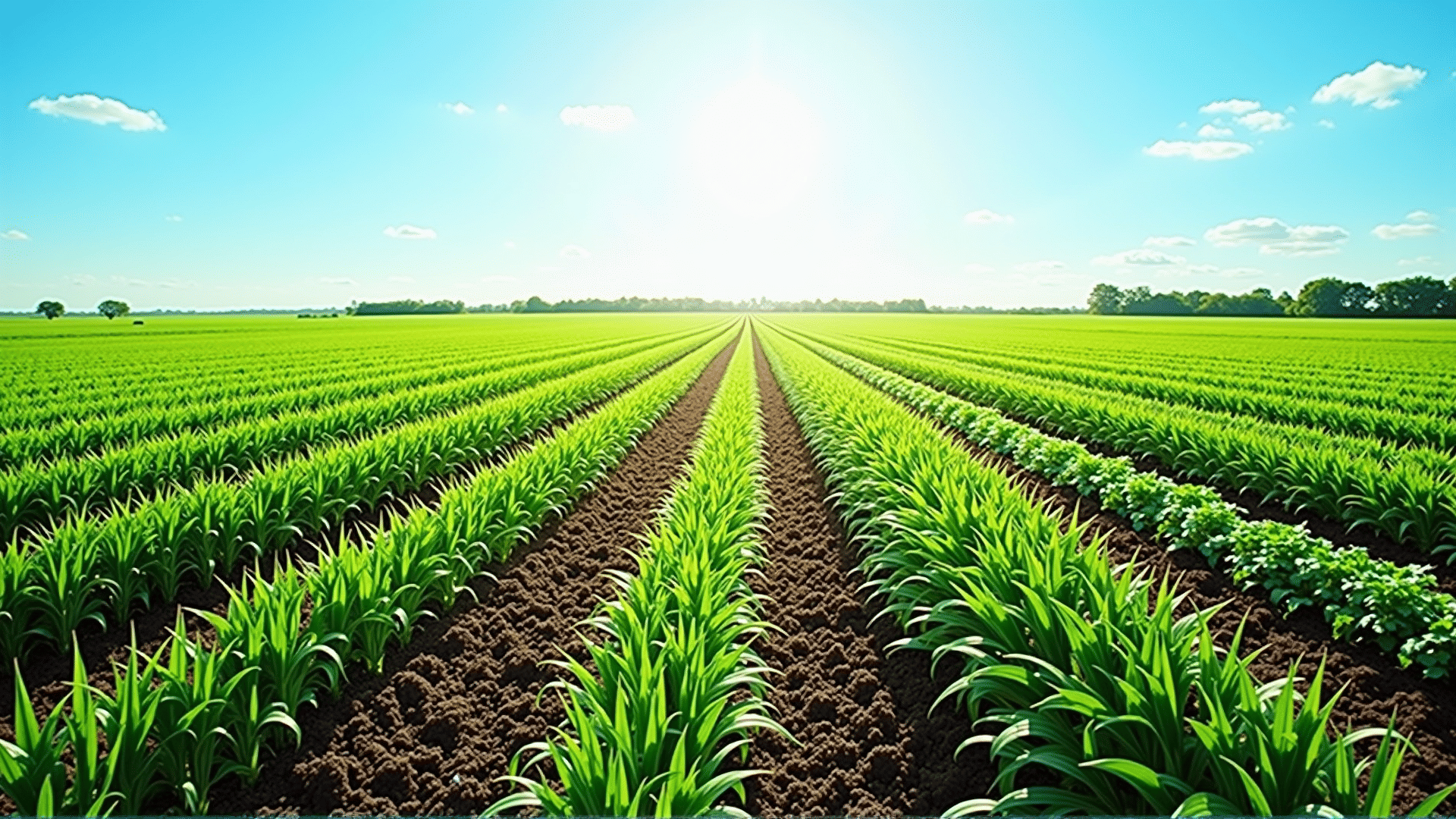In recent years, sustainable farming practices have surged to the forefront of agricultural innovation, offering promising solutions to some of the most pressing environmental and productivity challenges faced by the industry. With the global population continuing to rise, the need for sustainable practices in agriculture has never been more urgent. These methods are redefining traditional farming techniques, setting new standards that prioritize the conservation of natural resources, the health of the ecosystem, and the well-being of global communities.
One of the core principles of sustainable farming is the efficient use of resources. This approach seeks to minimize waste and reduce the consumption of non-renewable resources. One notable practice is precision agriculture, which employs technology such as GPS and remote sensing to monitor and manage soil and crop health. By tailoring inputs like water, fertilizers, and pesticides only where and when they are needed, farmers can significantly cut down on excess use while maintaining or even boosting crop yields.
Moreover, crop rotation and polyculture are traditional techniques that have been revitalized to improve soil health and productivity. By rotating different crops over various seasons, farmers can prevent soil depletion, reduce pest and disease cycles, and enhance soil biodiversity. Polyculture, or the cultivation of multiple crops in the same space, can lead to synergistic relationships between plants that promote growth and protect against pests naturally.
Conserving water is another critical aspect of sustainable farming. Innovative irrigation systems such as drip irrigation or sub-surface irrigation minimize water waste by delivering water directly to the plant roots. Furthermore, rainwater harvesting and the use of drought-resistant crop varieties are becoming more prevalent, ensuring that farms can withstand periods of water scarcity.
Sustainable farming also emphasizes the reduction of chemical input use, opting instead for natural solutions. Biological pest control, for example, incorporates beneficial insects or natural predators to manage pest populations, reducing the need for synthetic pesticides. Similarly, organic farming practices are gaining popularity for their focus on maintaining soil health and reducing chemical residues in food products.
In addition to environmental benefits, sustainable farming practices contribute to economic resilience. By reducing dependency on costly inputs and enhancing crop resilience to climate variability, farmers can realize better economic outcomes over the long term. Furthermore, sustainable practices often create opportunities for diversified income streams, such as selling organic produce or engaging in agro-tourism.
Moreover, these practices have far-reaching social impacts. They play a crucial role in supporting rural communities, ensuring food security, and providing safe working conditions for farm laborers. They also contribute to the preservation of local biodiversity and cultural heritage, as many sustainable practices are rooted in traditional knowledge and customs.
The momentum towards sustainable farming is driven by both grassroots initiatives and policy changes at national and international levels. As governments and organizations recognize the importance of sustainable agriculture, there has been a surge in investment and research aimed at advancing these practices. Supportive policies, subsidies, and training programs are encouraging more farmers to adopt sustainable techniques.
In conclusion, the shift towards sustainable farming practices is a testament to the potential for growth and innovation in agriculture. By conserving natural resources, boosting productivity, and fostering rural community development, these practices are paving the way for a more sustainable and equitable future for global food systems. As consumers become more conscious of their environmental footprint, the demand for sustainably produced food will likely continue to rise, further affirming the importance of these revolutionary farming methods.
